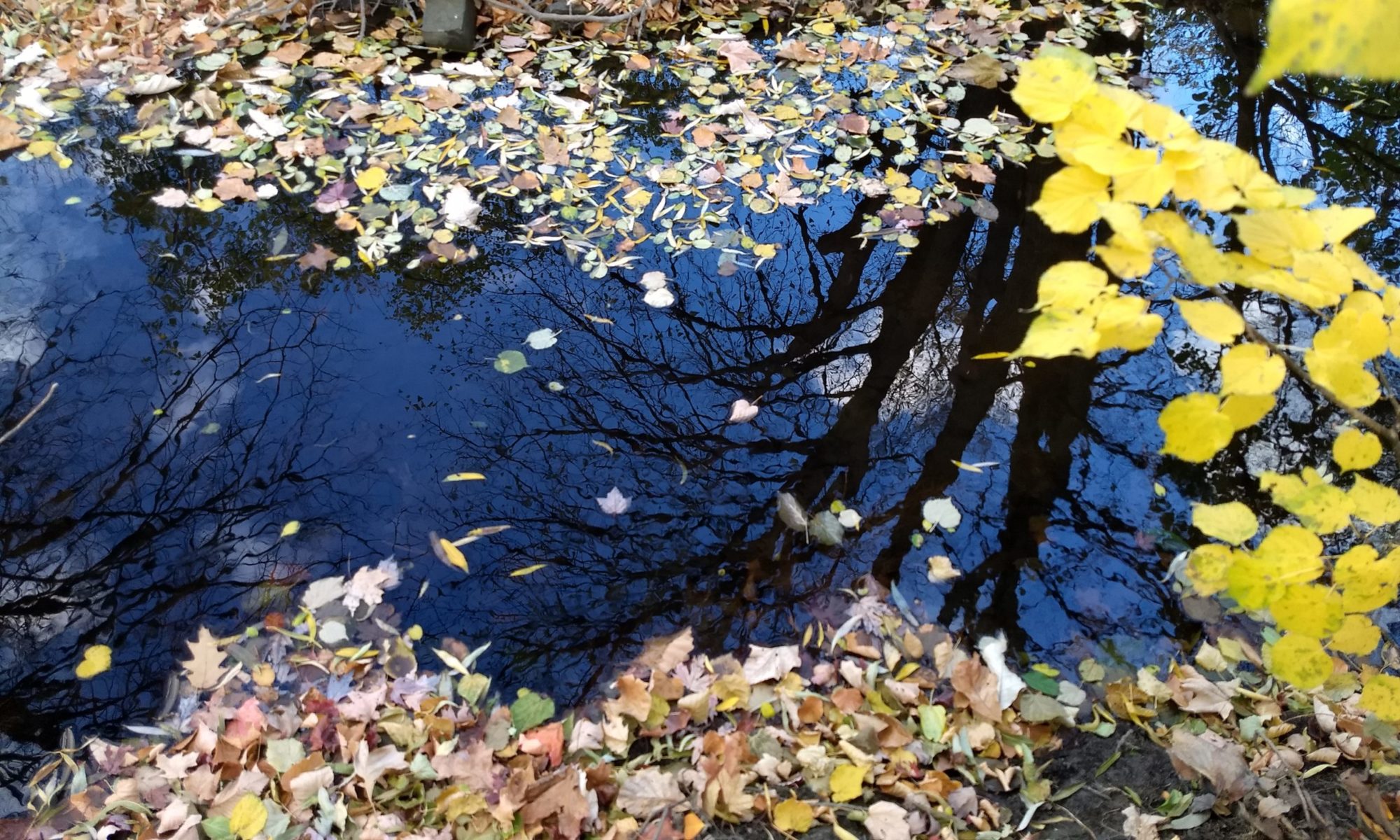We are very fortunate to live close to our elementary school and I pick up my daughters after school every day. We walk in any kind of weather; rain, snow or shine. As we walk, we pass a long line of cars waiting for children to come out the doors when the bell rings and–this annoys me–their engines are running the entire time. All I can think about are those noxious fumes going into the air.
Ever since my parents bought me my first copy of Ranger Rick, I’ve been interested in preserving our environment. So it was very interesting to me when I learned that organic farming, something we think is good for the environment, actually has a larger carbon footprint than farmers who use genetically modified crops. Why? The simple explanation is that organic farmers need to go over their fields more often to till up weeds.
Sometimes, even when we try to make the right choices, we don’t completely understand the environmental impact our choices have. Yes, organic farming is good for the environment because it uses more natural pesticides and herbicides, but it also uses more gas to run the tractors over the fields more often. Every time a farmer tills the ground, nutrients and water are released into the air. Tilling can also lead to water run-off and fertilizers may enter the water system. Even natural fertilizers can cause problems in our waterways. Nitrogen and phosphorus that help crops grow also cause algae to grow. The algal bloom in Lake Erie last summer affected the drinking water of thousands of people.
Many farmers are protecting our environment, the soil and the water by using the no-till method. Genetically modified crops enable farmers to use this method. As I research genetically modified crops, I have become more excited about the technology and science behind GMOs. It seems counter intuitive, doesn’t it? How can I consider myself to be an environmentalist and also be excited about the possibilities GMOs offer?
On Saturday, I have the amazing opportunity to visit Monsanto, a company well-known (and vilified) for producing GMO products. One of the questions I will be asking is how GMOs affect the environment.
I’m glad we live in a place where we have a variety of farms and so many food choices. Do I buy organic food? Not usually. When I gave up my career to stay at home with my children, I also became very budget conscious. Organic foods usually don’t fit into that budget. Part of the luxury of working part time, however, is being able to buy less processed food and make more meals from scratch.
Do I support your choice to buy organic food? Absolutely! I’m not going to try to convince you otherwise. It’s good to be skeptical and to search for answers. I believe that the key word here is to search, and not rely on just one source or one point of view. In the next few farming posts, I’ll tell you about my search process, including my trip to Monsanto.
Be honest with me. What do you think about GMOs? What questions do you have about GMOs?
In our discussion about organic foods and GMOs, please be respectful. Any comment that is inappropriate or inflammatory may be removed.





